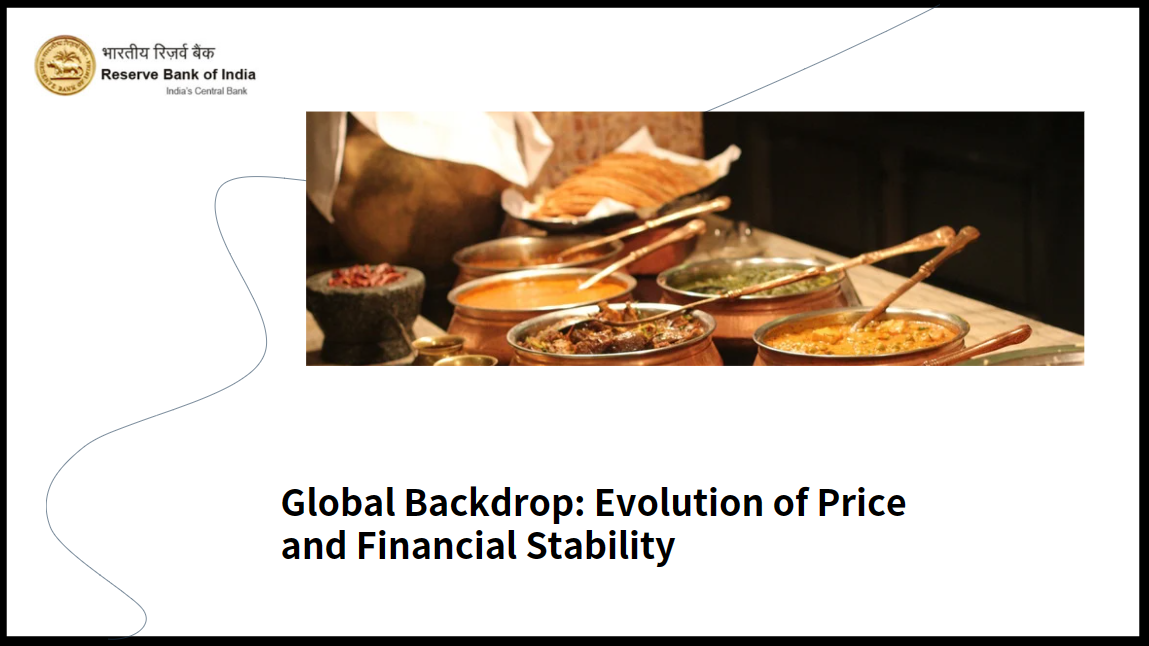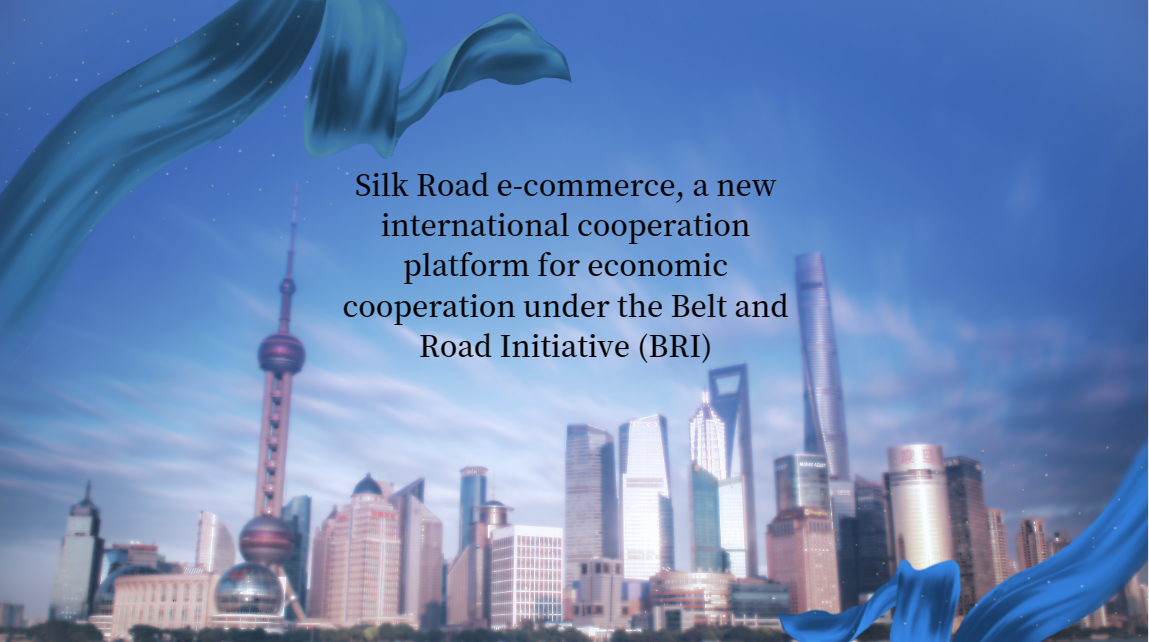Policy, Data Support Can Boost Micro, Small, and Medium-Sized Enterprises in Asia and the Pacific
Micro, small, and medium-sized enterprises (MSMEs) have played a key role in promoting recovery in Asia and the Pacific during and after the COVID-19 pandemic. Providing them policy and data support can boost their role as drivers of growth in the future, according to a report by the Asian Development Bank (ADB).
Formalization of small businesses, reskilling and upskilling of workers, integration of digital tools and technology, economic diversification, and increasing access to new and innovative financing can create a fertile environment for these businesses to thrive and contribute to inclusive and sustainable growth, according to Asia Small and Medium-Sized Enterprise Monitor 2023, released today. The report, which focuses on economies in the Pacific, looks at how small businesses can contribute to resilient growth.
“Job creation is a critical challenge for Asia and the Pacific,” said ADB Chief Economist Albert Park. “In the Pacific, remittances sent by emigrants to advanced economies can support small businesses and create employment opportunities for women and younger workers. Tourism and agribusiness—where MSMEs actively participate—drive Pacific economies. Their sustainable growth helps strengthen MSME dynamism and raises national productivity.”
MSMEs remain important drivers of growth across developing Asia and the Pacific. They account for an estimated 96.6% of all enterprises, 55.8% of the workforce, and 28% of economic output on average (based on available data from 24 ADB developing member countries through 2022).
Low business diversification limits a country's growth potential, highlighting the need for more innovative and globalized small firms, startups, and entrepreneurship in developing Pacific economies, according to the report. Digitalization, meanwhile, offers new growth opportunities for small businesses and promotes formal business registration, but many in the Pacific continue to use cash for transactions. Key constraints include underdeveloped infrastructure, limited e-payment options, a lack of supportive regulatory frameworks, and lack of familiarity among small businesses with digital devices, or limited literacy in digital operations.
Limited access to formal financial services impedes business growth. Based on available data through 2022, bank lending to MSMEs averaged 10.6% of a country's gross domestic product and 22% of total bank lending in developing Asia and the Pacific. Nonbank and market-based finance has yet to supplement bank credit markets in the region. Broadening alternative financing options—particularly digital financial services—can provide growth capital for innovative small firms and startups, helping build a national entrepreneurial base.
Compared with other subregions, data infrastructure in Pacific economies remains in its infancy. The lack of key data makes it difficult to promote evidence-based policy design for MSME development. There is a need to establish a regularly updated database to map the MSME landscape in the Pacific.
ADB is committed to achieving a prosperous, inclusive, resilient, and sustainable Asia and the Pacific, while sustaining its efforts to eradicate extreme poverty. Established in 1966, it is owned by 68 members—49 from the region.






















































First, please LoginComment After ~